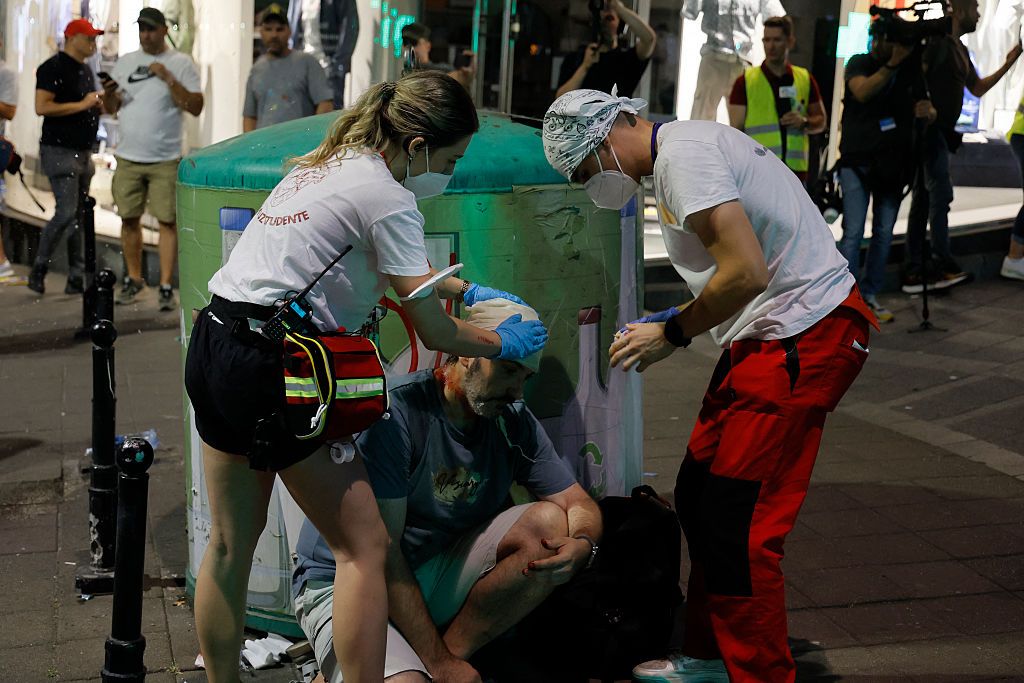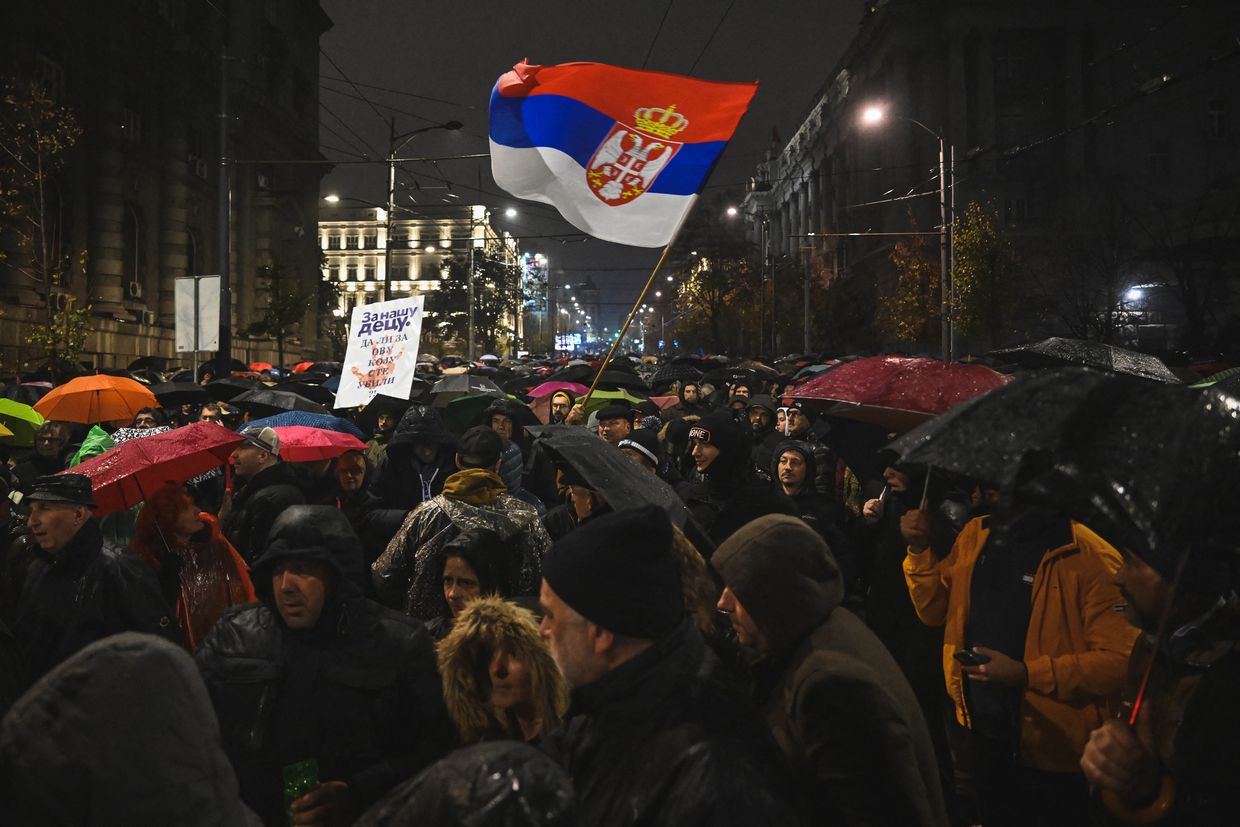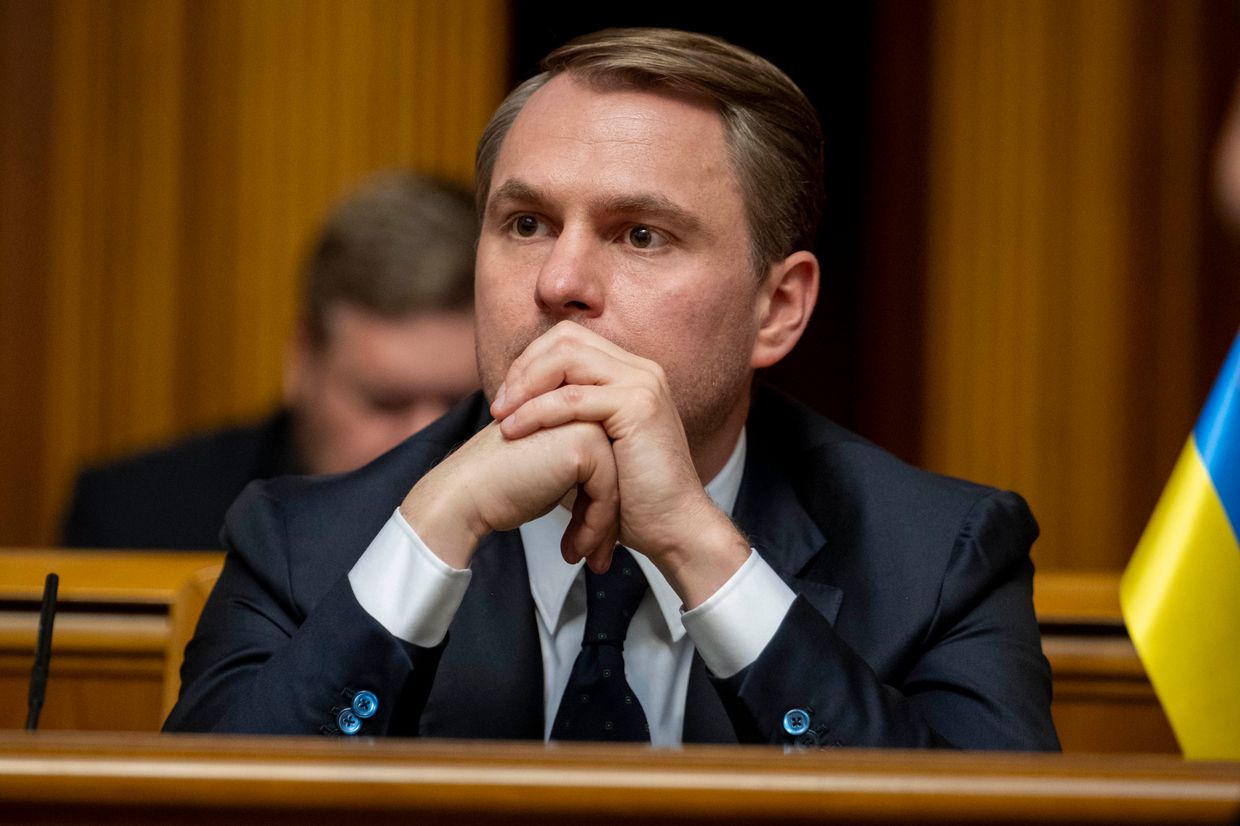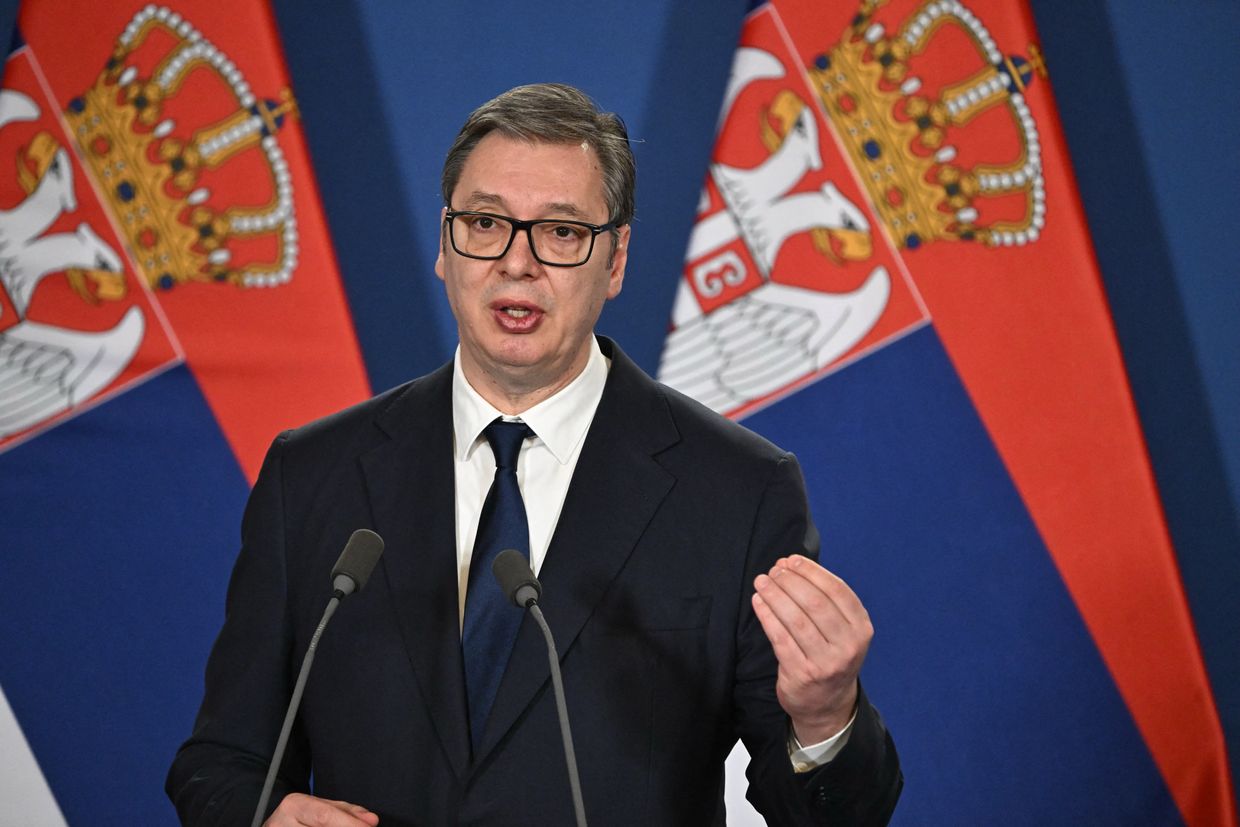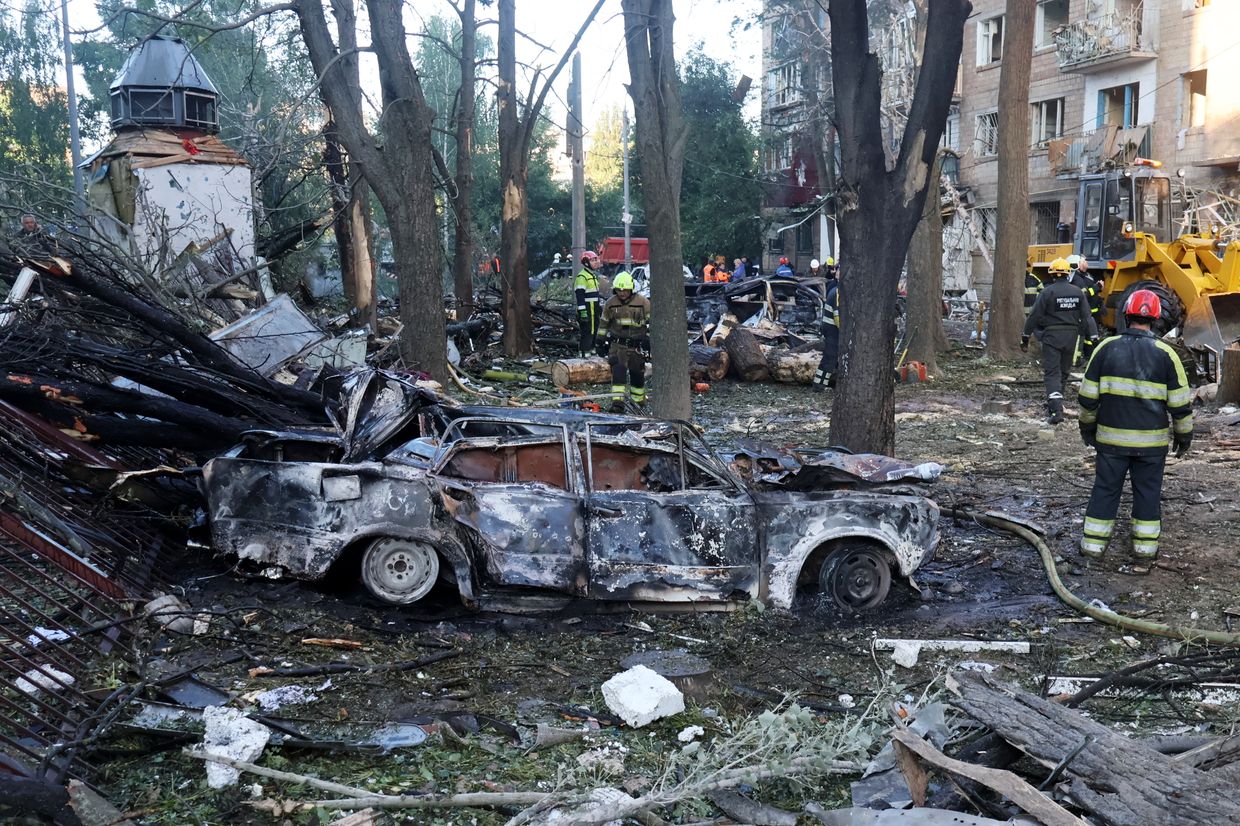Frontline report: Serbia’s big secret—shells for Ukraine, smiles for Moscow

Today, the biggest news comes from Serbia.
Despite mounting threats from Moscow, Serbia is deepening its support for Ukraine through covert arms transfers and reconstruction offers, signaling that it is no longer willing to be intimidated.
Belgrade continues to play both sides, but the balance is shifting. Each new step brings it closer to the Western camp.
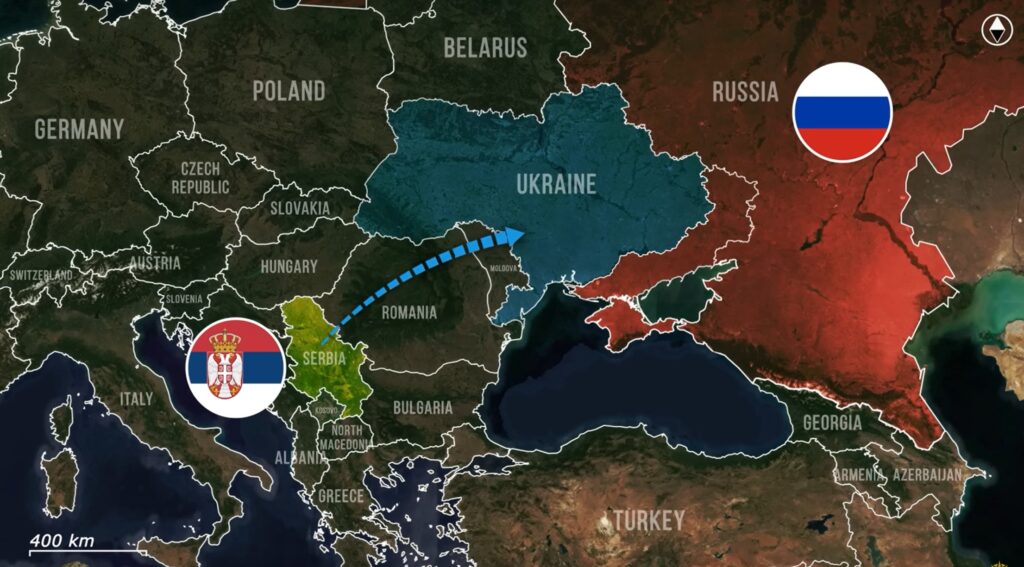
Serbian weapons factories supply Ukraine
Despite its historical alignment with Moscow, Serbia continues to support Ukraine’s war effort quietly.
Serbian arms producers are expanding shipments of ammunition to Ukraine, using gray-scheme transfers through NATO intermediaries. Shell components from Serbian factories are exported to companies in Bulgaria and the Czech Republic, which assemble them and deliver the final products to the front.
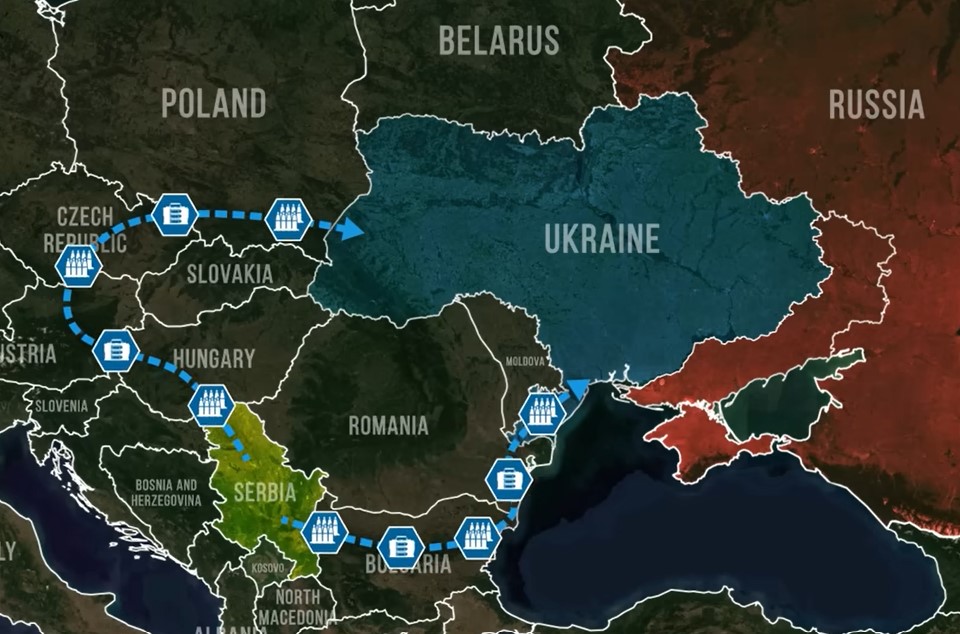
Over 100,000 shells and 1 million rounds
Delivering over 100,000 artillery shells and 1 million rounds of ammunition, the scale of these operations has drawn sharp criticism from Russian intelligence.
Moscow has accused Belgrade of profiting from the war while hiding behind a multi-vector policy. But the Kremlin’s warnings have not reversed Serbia’s behavior; if anything, they appear to have emboldened it.
Vucic promises to help rebuild Ukrainian cities
President Aleksandar Vucic has pledged to help rebuild Ukrainian cities as a gesture of continued support.
The announcement came during a summit in Odesa, and Vucic has repeated the message on Serbian television, making it clear that the offer is not just a one-off claim.
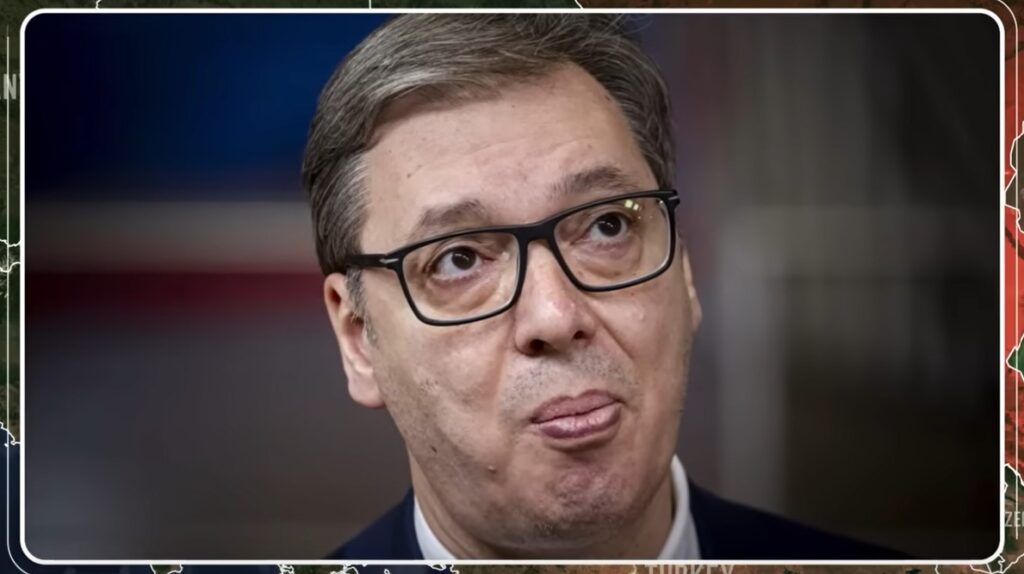
Humanitarian aid without sanctions
Although Serbia has not joined any EU sanctions against Russia and refuses to sign anti-Russian declarations, the government continues to emphasize Ukraine’s territorial integrity and provide humanitarian assistance.
These actions include earlier deliveries of generators and medical supplies, and now a readiness to contribute to postwar reconstruction.
The Kremlin has taken notice, but public threats have not deterred Vucic’s position.
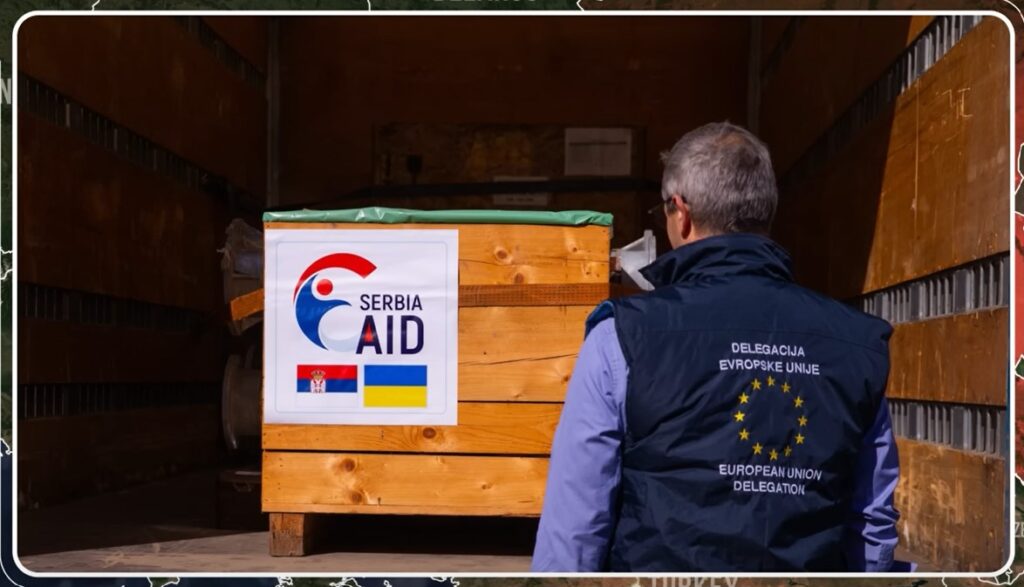
A nation divided between West and East
This balancing act is made even more delicate by the divide between Serbia’s political leadership and its population.
Serbian society remains overwhelmingly sympathetic to Russia, a legacy of cultural, historical, and geopolitical ties, along with a deep distrust of the West after the Yugoslav wars.
The government, however, remains committed to European Union accession and understands that cooperation with Ukraine is now part of that deal.
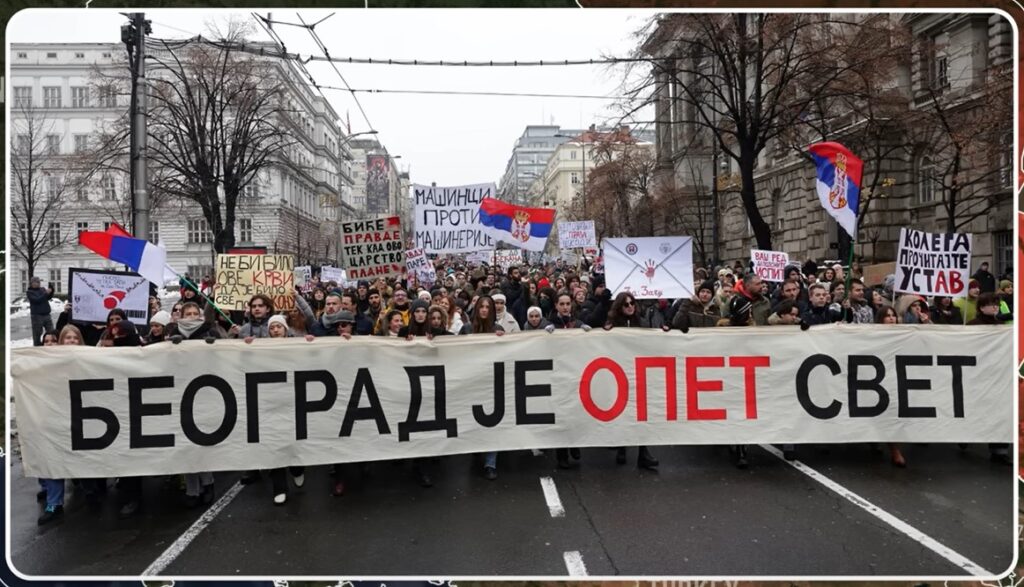
Quiet alignment with the West
Rather than openly choosing a side, Belgrade is trying to appease Brussels through quiet aid deliveries and public gestures of goodwill, without provoking domestic backlash or triggering a confrontation with Moscow by cutting ties with Russia completely.
This strategy of silent alignment has worked so far, but each new step toward Ukraine and the West makes it harder to sustain.
Russian sabotage hits Serbian arms plant
Russia has already responded with escalation: a powerful explosion struck the Krusik munitions plant supplying arms to Ukraine, injuring seven workers.
Serbian officials did not publicly assign blame, but the timing and pro-Russian analysts strongly suggest sabotage.
Moscow has also used diplomatic pressure, state media smears, and veiled threats to signal that further alignment with the West will carry consequences.
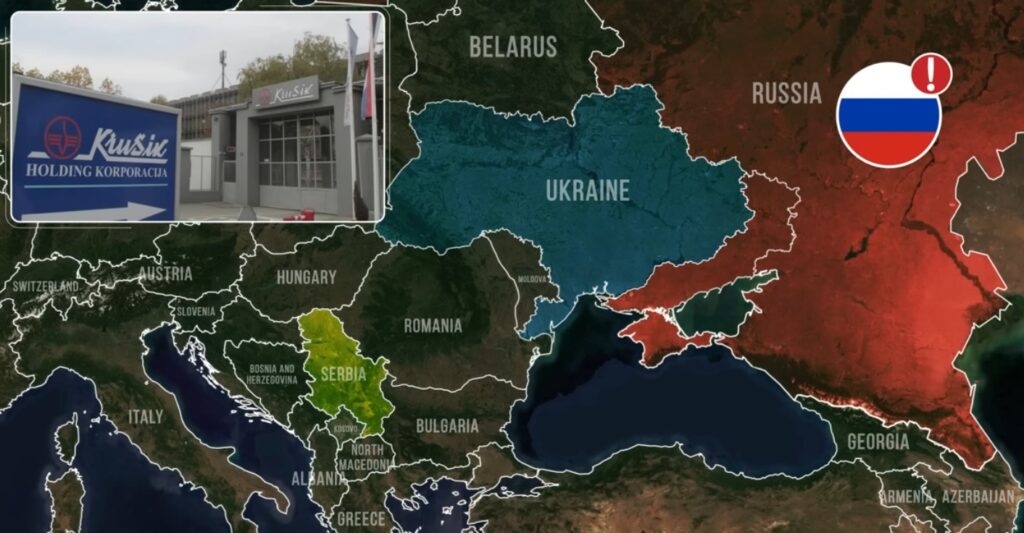
Pressure mounts as Serbia chooses its future
With Russian stakes in Serbia’s energy sector, particularly through Gazprom’s Serbian subsidiary, being increasingly vulnerable to European sanctions, Serbia faces growing pressure to choose between Russia and deeper Western integration.
Arms shipments continue through third countries despite public denials, and reconstruction offers are now made openly.
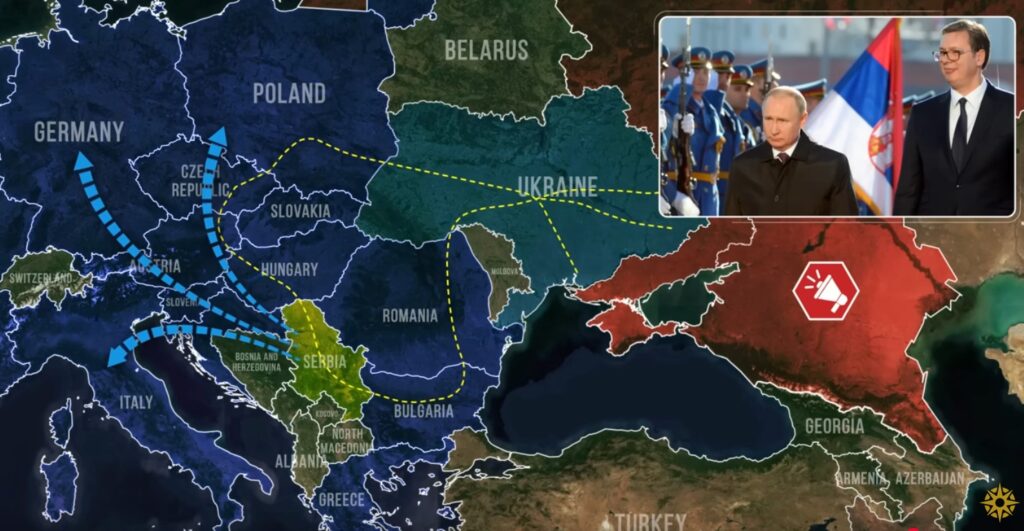
Russia’s pressure backfires
Russia’s decision to escalate with sabotage may have backfired: it did not silence Serbia and may have convinced its leadership that neutrality is no longer sustainable.
Despite deep social and historical ties to Russia, Serbian officials may now realize that continued alignment with Moscow is a losing hand, and that integration with the West offers a more secure long-term path.
Overall, Serbia is quietly leaving Russia behind.
Its aid to Ukraine is expanding and is becoming harder to ignore. The longer this balancing act continues, the more obvious it becomes that Serbia sees its future in cooperating with Europe, and not as Moscow’s last outpost in the Balkans—recalibrating the country’s position through quiet defiance, economic opportunity, and geopolitical necessity.
In our regular frontline report, we pair up with the military blogger Reporting from Ukraine to keep you informed about what is happening on the battlefield in the Russo-Ukrainian war.
